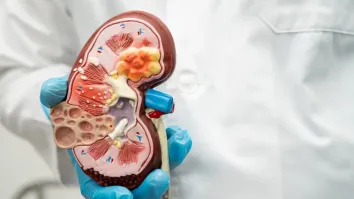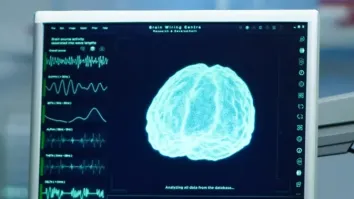100 patients treated in IHH Healthcare’s one-year-old Proton Centre
The centre marks a significant advancement in cancer treatment technology in Singapore, offering precise radiation therapy with fewer side effects.
A year after its inauguration, IHH Healthcare’s Mount Elizabeth Proton Therapy Centre has already treated over 100 patients from around the world. The introduction of this cutting-edge treatment option has significantly transformed patient care, according to Dr. Peter Chow, Chief Executive Officer of IHH Healthcare Singapore.
"In cancer treatment, patients often require multiple modalities such as chemotherapy, surgery, and radiation therapy simultaneously. What proton therapy does is to add a very advanced modality for patients who require radiation therapy and give them a good fighting chance against eliminating cancer while minimising unnecessary side effects," said Dr. Chow.
The journey to establishing the proton therapy centre was not without its challenges, especially since it was developed during the global pandemic. Dr. Chow detailed the hurdles they faced: "It was built over the entire period of the pandemic. You can imagine that there were a lot of challenges. At some point, even the borders were closed, and we had difficulty bringing in experts to help us with the centre."
The concept of a Proton Therapy Center was particularly novel in Singapore and the region. "When we first started conceptualising this, and we had to make references to many different parts of the world, the best practices, the best centres, we had to convince local authorities to understand the concept, the risks of building such a centre, the safety precautions needed, and to get all the necessary regulatory requirements," Dr. Chow explained.
Despite these obstacles, IHH Healthcare managed to establish a centre that meets stringent standards. "I would like to believe that we are one of the best in the world, because number one, Singapore has very strict clinical and operating guidelines with regards to proton therapy service."
"We have very stringent commissioning and licensing checks required by the Ministry of Health. We have very robust clinical guidelines in the form of tumour boards discussing every single case that we put up for treatment as part of the clinical governance structure," he added.
The centre's staff, including radiation oncologists and physicists, have been trained at some of the best facilities in the United States and Europe, preparing them to operate the advanced proton therapy equipment proficiently.



















 Advertise
Advertise






Commentary
2026 biotech playbook: Hong Kong at the centre of China’s globalisation